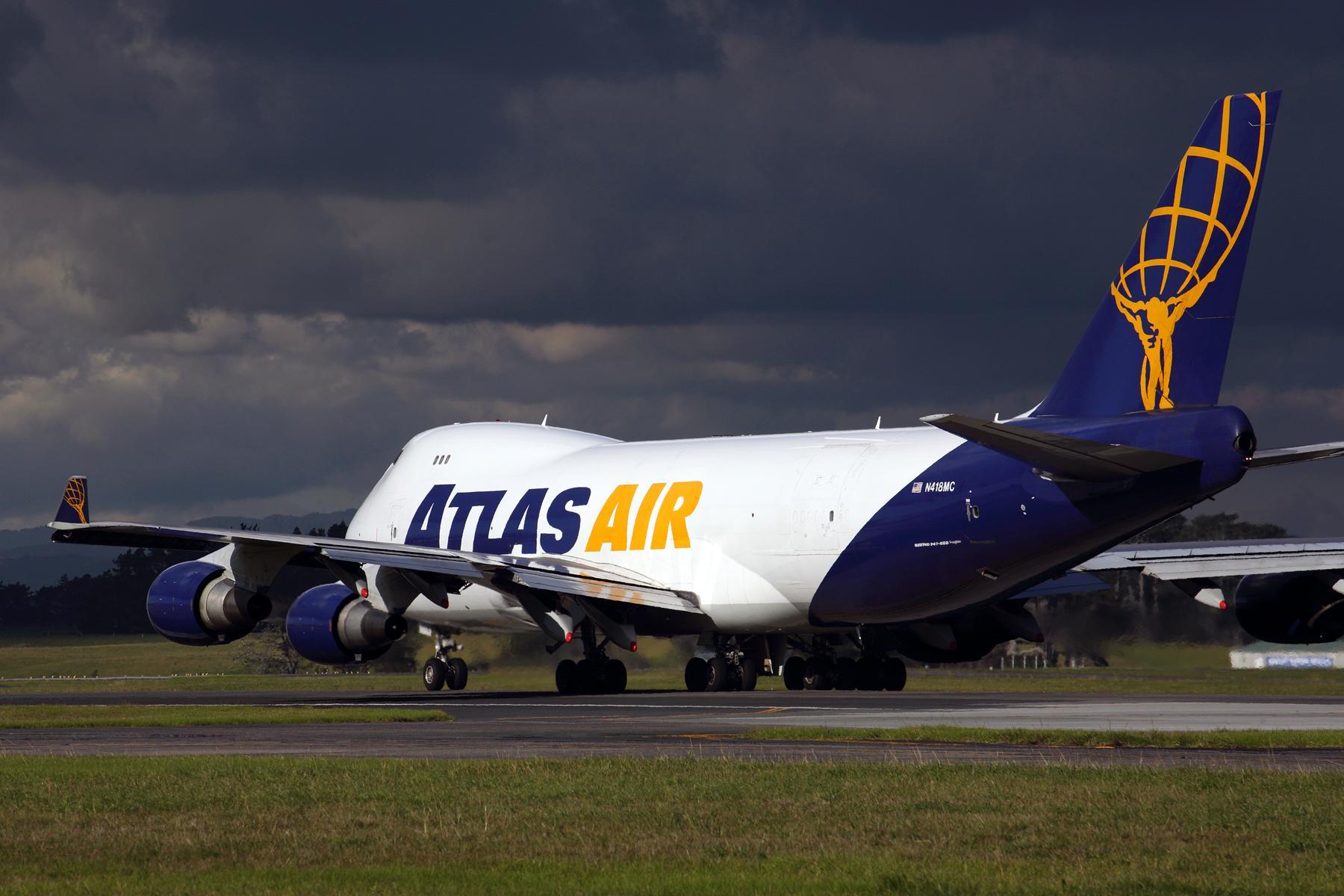
The collapse of passenger flights and their associated bellyhold capacity has provided a huge boost for air cargo operators.
Prime examples are the big cargo arms of China Airlines and Korean Air, which hauled their respective carriers into profit for the second quarter, a period in which most other airlines slid deep into the red.
Cargo specialists have also done well, with their benefits extending from the demand side to costs as well, especially in the aftermarket.
U.S.-based Atlas Air Worldwide, for example, has seen a big window for aircraft and engine overhauls open up as passenger carriers pause non-essential maintenance.
“So there's slot availability,” noted Spencer Schwartz, Atlas’s chief financial officer, on a recent earnings call, adding: “We are being offered discounts that we can take advantage of, and so we're performing maintenance at lower costs, and so we're saving quite a bit on that.”
To take full advantage of the situation, Atlas is moving forward a significant chunk of maintenance planned for 2021 into this year, and now expects its 2021 maintenance costs to be $60 million lower than in 2020.
“We previously expected 2021 to be a very heavy year in terms of engine overhaul and airframe check requirements. And as we've talked about, we had an opportunity to accelerate some of the engine inductions into this year, into 2020, to take advantage of the slot availability and the opportunities for vendor pricing discounts,” said Schwartz.
Rival U.S. cargo specialist Air Transport Services (ATSG) will also boost maintenance of its fleet this year, although it is not as well positioned to benefit as it runs its own MRO operations, which because of the crisis have experienced a drop in third-party business.
“Our maintenance group did a lot of work for passenger airlines for Delta, for United, for Frontier, Allegiant, carriers like that, and they had aircraft in the hangar and they had aircraft scheduled for the remainder of the year. Those dried up, obviously, because those airplanes have been parked,” noted Rich Corrado, president and chief executive of ATSG.
Corrado added that ATSG had replaced the slots with its own aircraft.





